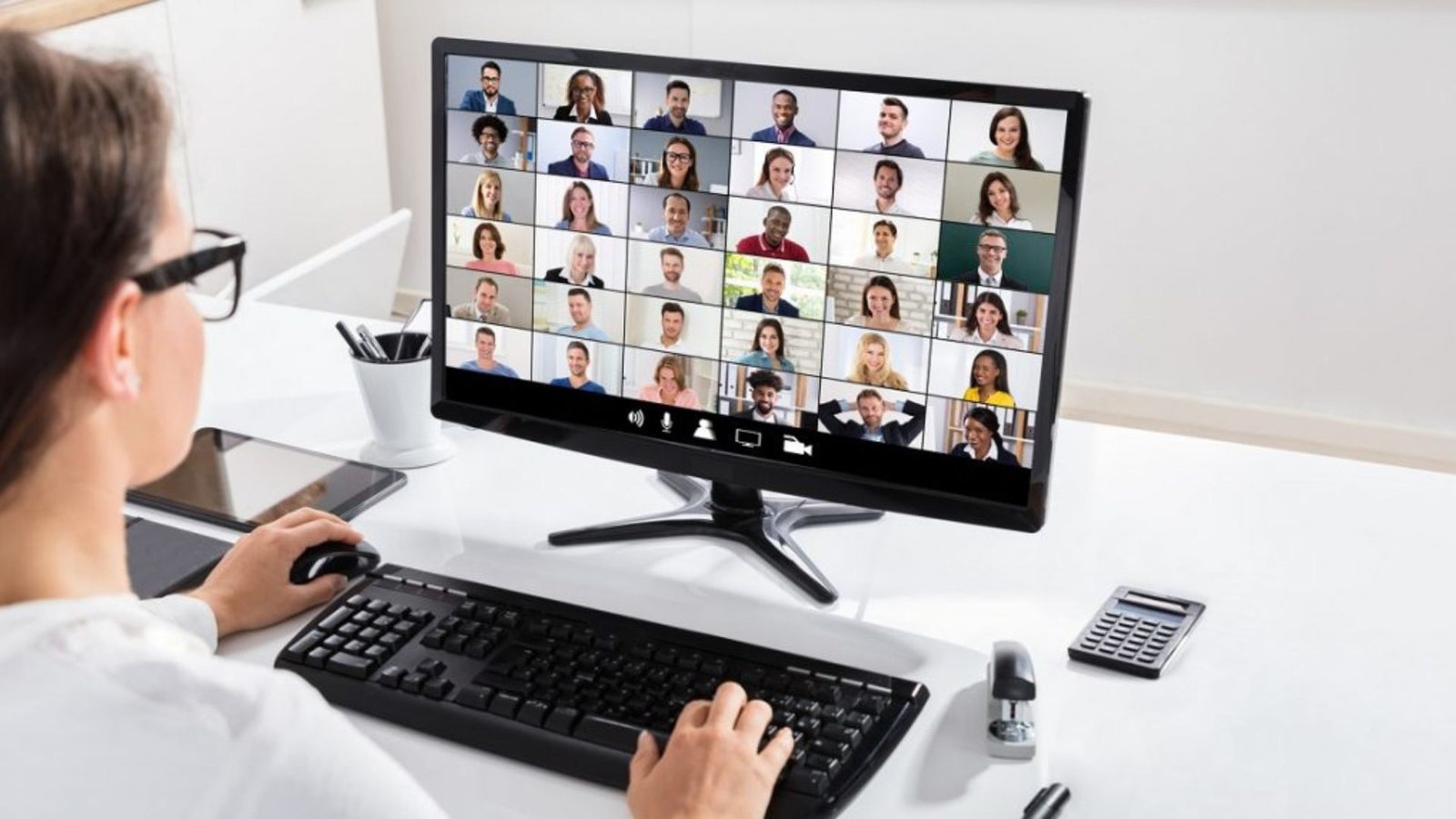Hosting a press conference can be a powerful way to share important news or updates. To ensure your press conference is effective and runs smoothly, follow these essential tips. By planning meticulously and executing strategically, you can achieve maximum impact and engage effectively with the media.

Plan Your Press Conference
Define Your Objectives
Start by clearly defining the objectives of your press conference. Are you announcing a new product, addressing a crisis, or sharing significant achievements? Your goals will shape the entire event.
Set Clear Goals
Determine what you want to achieve with the press conference. Setting specific goals helps in crafting a focused agenda and ensuring all aspects of the event align with your objectives.
Choose an Appropriate Date and Time
Selecting the right date and time is crucial for maximizing attendance. Avoid scheduling conflicts with major events or holidays to ensure media representatives can attend.
Consider Media Availability
Choose a time when journalists and key media personnel are most likely to be available. Early mornings or early afternoons often work best.
Secure a Suitable Venue
Select a venue that accommodates your expected audience size and has the necessary facilities, such as audio-visual equipment and comfortable seating arrangements.
Confirm Venue Details
Confirm all logistical details with the venue, including setup, accessibility, and equipment needs. This ensures a professional and smooth-running event.
Prepare Thoroughly
Draft a Comprehensive Press Release
Create a press release that highlights the key details of your announcement. Ensure it covers the who, what, when, where, and why.
Focus on Key Messages
Highlight the most newsworthy aspects of your announcement. Use clear and engaging language to capture the media’s attention and provide essential information.
Assemble Media Kits
Prepare media kits with supplementary materials such as background information, speaker biographies, and high-resolution images. Distribute these kits to journalists at the event.
Include Contact Information
Ensure your media kits include contact details for follow-up questions. This makes it easy for journalists to reach out for additional information.
Promote the Event
Send Out Invitations
Send invitations to media representatives, industry influencers, and relevant stakeholders. Use a mix of email, phone calls, and social media to ensure your invitations are received.
Personalize Your Invitations
Personalize invitations to make them more engaging. Highlight why the press conference is relevant to each recipient.
Leverage Social Media
Promote your press conference on social media platforms to reach a broader audience. Create engaging posts and use relevant hashtags to generate buzz.
Provide Regular Updates
Share updates and reminders leading up to the event. This helps maintain interest and encourages attendance.
Execute the Press Conference
Welcome and Brief Attendees
Greet attendees as they arrive and provide them with necessary materials, such as press releases and media kits. Brief them on the agenda and key points of the conference.
Ensure Professionalism
Maintain a professional demeanor throughout the event. A positive impression reflects well on your organization and contributes to a successful press conference.
Manage the Presentation
Ensure that the presentation is well-organized and adheres to the agenda. Keep the speech concise and focused on delivering key messages.
Handle Q&A Sessions Effectively
Prepare for media questions and have designated spokespersons ready to address inquiries. Manage the Q&A session to maintain control and provide clear, informative answers.
Follow Up
Distribute Press Coverage
After the event, share copies of press coverage and any relevant materials with attendees. This keeps your message prominent and shows appreciation for their participation.
Send Thank-You Notes
Express gratitude to media representatives and key participants with thank-you notes. This helps build and maintain positive relationships.
Evaluate and Adjust
Evaluate the success of your press conference by reviewing media coverage and attendee feedback. Identify areas for improvement and adjust your strategies for future events.
Implement Insights
Use the insights gained from the evaluation to refine your approach. Continuous improvement ensures more successful press conferences moving forward.
Conclusion
Hosting a successful press conference requires careful planning, effective promotion, and smooth execution. By defining your objectives, preparing thoroughly, and managing the event professionally, you can achieve your goals and engage effectively with the media. Remember to follow up with participants and evaluate the event’s success to continually enhance your press conference strategy. Implementing these tips will help you deliver impactful press conferences that resonate with your audience and elevate your organization’s profile.




